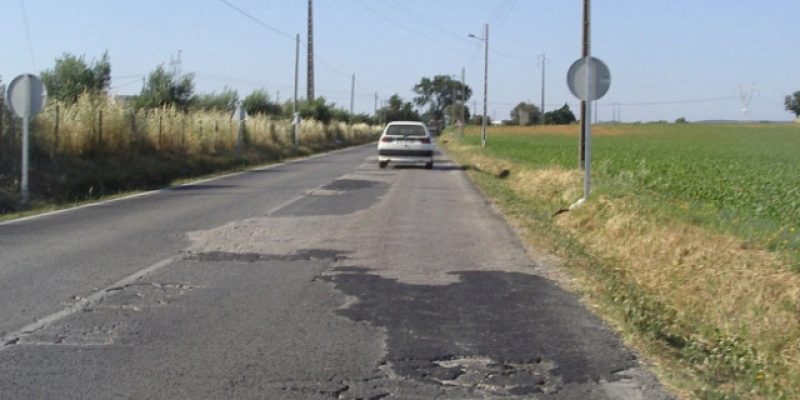When somebody starts disgorging any and every argument to buttress his position, you know he’s losing the debate. Recently, Republican state Rep. Jack McFarland exemplified that concerning his putative bill to jack up the gasoline tax at the pump.
Speaking to the media earlier this week, McFarland outlined his conception of the as-yet unfiled bill for the Louisiana Legislature’s 2021 regular session, which would increase the gas tax by 10 cents, then add 2 cents a year until the increase reaches 22 cents. Besides the usual litany of rhetoric that the state has a huge road maintenance backlog – he said $15 billion – and a wish list for new capacity on top of that – he said $13 billion – he tossed in a new wrinkle: that relieving drivers and consumers of this additional money would help the state recover from the negative economic effects of commercial restrictions laid down by Democrat Gov. John Bel Edwards in response to the Wuhan coronavirus pandemic.
That statement only goes to show how McFarland misunderstands the nature of this man-caused crisis. When Democrat former Gov. Huey Long suggested something similar, spending more for a massive increase in roads improvement and building that would increase the state’s transportation capacity, and eventually to dovetail under his successor with New Deal demand-stimulative policy pursued by the federal government, that came in response came from a perceived liquidity trap holding back the economy. That is, with an undersupply of investment resources due to adverse equity declines, an oversupply of labor from economic contraction, and low confidence in future business success, the private sector had reduced incentive to engage in capital-intensive economic activities. People preferred to hold onto cash rather than invest because they saw perceived future returns as too close to zero, so they don’t invest in enterprises that create jobs.
According to demand-side economics, public sector stimulus force-feeds investment and its resulting activity into the economy. (Other, more enlightened, economists reject this policy option as more damaging and less effective than waiting out the effects of malinvestment.) But that’s not what America, and Louisiana in particular (with a labor force participation rate among the lowest among the states), suffers from at this point. The country endures a concocted supply-side pinch: cash is out there and its holders are willing to spend, but it is too constrained in where it can go to create jobs.
Thus, this economic environment stifles the stimulative effects of taking that cash from people in the form of higher taxes – and at a reduced rate because of fewer miles driven with less economic activity on account of its intentional stifling – and having government spend it. Like any taxation, it rips from people for a particular purpose money they would spend on a preferred purpose – and, by definition, an aggregate of purposes that creates more wealth for society as a whole, due to superior market signaling. Only in this instance, they can’t spend on some preferred purposes because of government fiat. McFarland’s rationale would produce much less economic growth than simply getting rid of largely-useless restrictions, and constitutes very weak justification to support increased government taxation when supply constraints, not tepid demand, exist.
Advertisement
However, his plan of increased taxes would create more government jobs, directly and indirectly through contractors. Yet even this will have little impact on his stated goal of economic stimulus to overcome pandemic woes, because by the time everything goes through the pipeline – enactment of the new tax probably Jul. 1, lining up projects, their financing, then planning – before the first new job comes into being, 2022 will have arrived, the predicted end of the immediate effects of the pandemic on the economy.
These arguments won’t wash, and attempt to distract from the real issue – current gas tax monies are spent wastefully on projects that local governments should be doing, on private interests, or on unnecessary things that could save at least $100 million a year for redirection for roads building and maintenance. McFarland has made zero case that lifting more money from taxpayers’ pockets will change its inefficient use.
Advertisement
Advertisement

